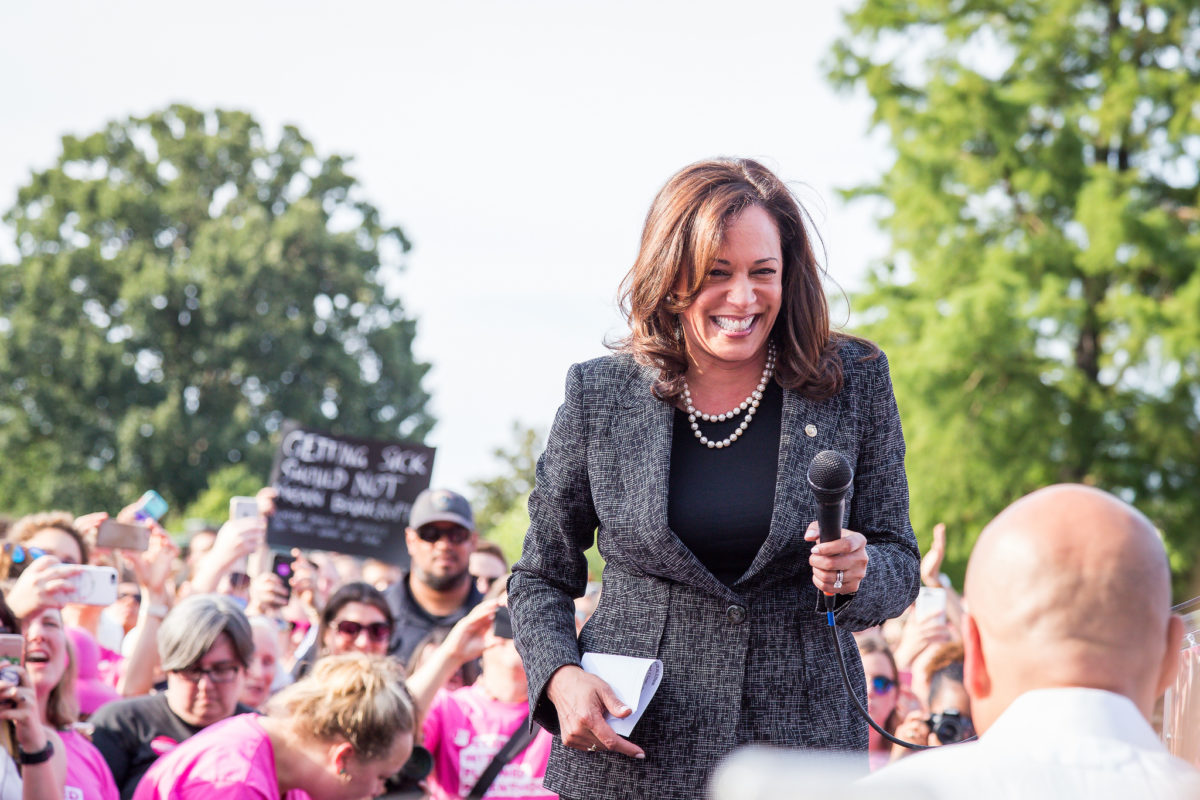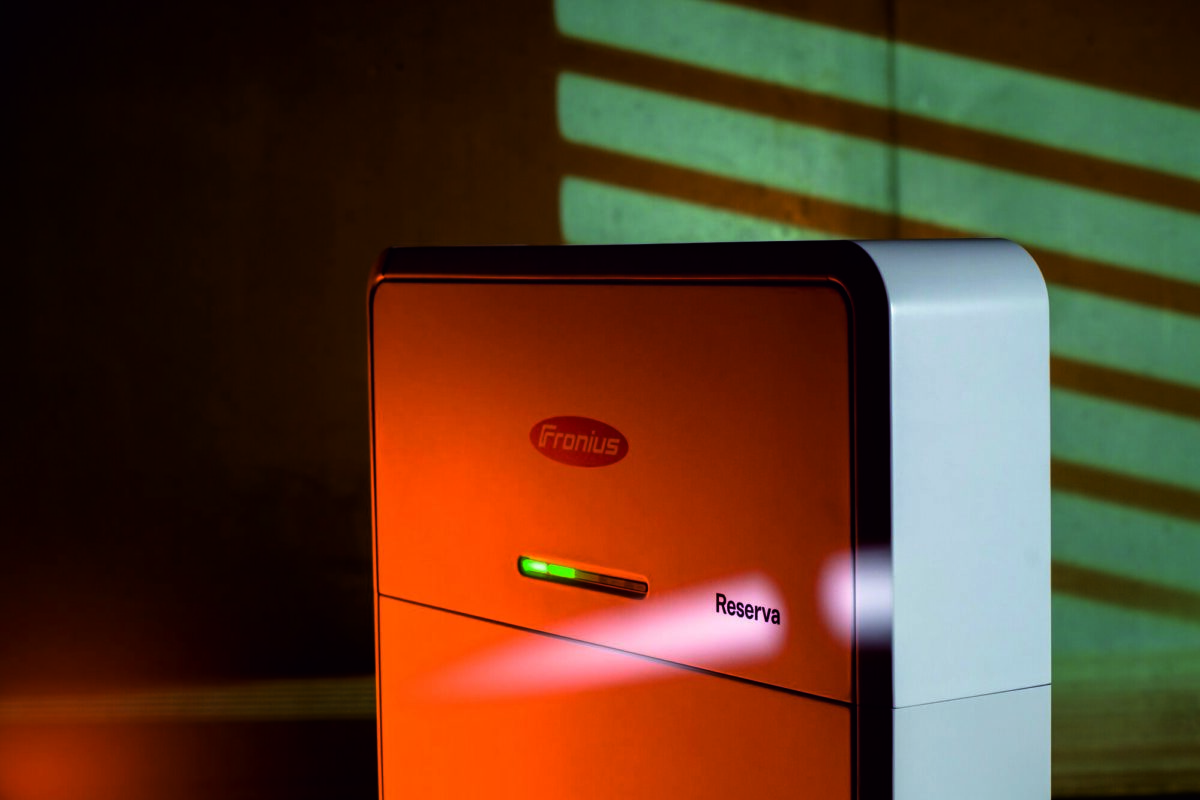From pv magazine USA.
As could have been predicted, the first mention of climate change in last week’s second U.S. presidential debate came not from Rachel Maddow or Chuck Todd, of NBC News. Instead, it came from John Hickenlooper, who in his first few breaths took a swipe at the Green New Deal, stating that while he “admired the sense of urgency” around the issue, “we can’t promise every American a government job”.
That was par for the course in a standoff where climate change, and responses to it, were subordinated to worsening divisions in the party. Teed up by leading questions from debate moderators, the party old guard regurgitated Cold War-era anti-left rhetoric to attack the party’s new social democratic wing, one which has been increasingly prominent since last year’s mid-term elections.
That included attacking the Green New Deal, which Hickenlooper referenced before any mention of climate change, hinting centrist Democrats could follow right wing TV channel Fox News in using the ambitious social and economic aspects of the plan as a wedge.
The left of the party did not take the bait, preferring to go to bat on economic issues, and it was not until the second half of the debate that climate policy reappeared; with moderators waiting until 10.18pm Eastern Time to address the issue. The first question gave U.S. Senator Kamala Harris (California) a chance to take up the baton.
First of all, I don’t even call it climate change. It’s a climate crisis. It represents an existential threat to us as a species. And the fact that we have a president of the United States who has embraced science fiction over science fact will be to our collective peril.
Harris came out openly in support of the Green New Deal, as did author and presidential long-shot Marianne Williamson. That is not a new position; Harris was one of three Democrat presidential candidates who endorsed the idea in January, following senators Elizabeth Warren (Massachusetts) and Kirsten Gillibrand (New York).
Re-hashing of policies
In general, in contrast to the first debate there was a marked lack of specifics on climate policy, and besides the Green New Deal the other ideas put forward were neither particularly ambitious nor new.
As the Democrat nomination front-runner, Joe Biden did offer detail, promising 500,000 recharging stations as well as a dollar figure for investment in science and tech. But as is the case in much of Biden’s campaign, he relied heavily on the actions of the Obama administration.
I would make sure that we invested $400 million in new science and technology, to be the exporter not only of the green economy, but [an] economy that can create millions of jobs. But I would immediately join the Paris Climate Accord. I would up the ante in that accord, which it calls for, because we make up 15% of the problem; 85% of the world makes up the rest. And so we have to have someone who knows how to corral the rest of the world, bring them together and get something done, like we did in our administration.
That statement was more articulate than what Biden has previously come up with on the issue, with his campaign accused of plagarizing sections of the climate plan published on his website.
There is an irony in the fact senator Bernie Sanders (Vermont) did not address climate much, given he was perhaps the first major candidate to describe climate change as the greatest threat to the nation, and world, during the 2016 campaign for his party’s nomination. While Sanders spent most of this debate hammering his core economic and social issues, his single mention of climate change demonstrated his awareness of the seriousness of the issue, if not much in the way of policy detail:
Look, the old ways are no longer relevant. The scientists tell us we have 12 years before there is irreparable damage to this planet. This is a global issue. What the president of the United States should do is not deny the reality of climate change but tell the rest of the world that, instead of spending a trillion-and-a-half dollars on weapons of destruction, let us get together for the common enemy, and that is to transform the world’s energy system away from fossil fuel to energy efficiency and sustainable energy. The future of the planet rests on us doing that.
Besides the Green New Deal and rejoining the Paris Climate Agreement – which both Harris and Pete Buttigieg also pledged to do – the only other climate policy which made a significant appearance in the debate was the concept of pricing carbon.
Buttigieg, the mayor of South Bend, Indiana, called for a carbon tax and dividend approach in response to a question from journalist Todd.
Working with the oil companies?
Along with the attack on the “socialism” of the Green New Deal, Hickenlooper also proposed the way to address greenhouse gas emissions was to work with oil and gas companies. That and his reference to reducing methane emissions instead of more substantive policy proposals earned Hickenlooper scorn from much of the climate and energy community:
https://twitter.com/leahstokes/status/1144438597610663936
The issue of which candidates are receiving funding from the oil and gas industry has become a hot one, with Biden and U.S. senator Michael Bennet (Colorado) the latest to pledge not to take donations from fossil fuel industries.
Not enough time
And while the questions asked were less leading than in the previous night’s debate, in general there was significant frustration at climate again being relegated to the second hour – and again receiving only eight minutes’ discussion.
“Despite some candidates’ attempts to tie in the climate crisis to questions on other topics, the mere 15 minutes of debate directly focused on the climate crisis, of 240 minutes total – a paltry 6% of debate time – didn’t scratch the surface of the robust discussion that the crisis deserves,” stated David Turnbull, strategic communications director for Oil Change U.S.
The proposal for a climate-specific debate is building up a head of steam too, with MSNBC’s Chris Hayes coming out in support of the idea less than an hour before the debate.
https://twitter.com/chrislhayes/status/1144444915188977665
This content is protected by copyright and may not be reused. If you want to cooperate with us and would like to reuse some of our content, please contact: editors@pv-magazine.com.



By submitting this form you agree to pv magazine using your data for the purposes of publishing your comment.
Your personal data will only be disclosed or otherwise transmitted to third parties for the purposes of spam filtering or if this is necessary for technical maintenance of the website. Any other transfer to third parties will not take place unless this is justified on the basis of applicable data protection regulations or if pv magazine is legally obliged to do so.
You may revoke this consent at any time with effect for the future, in which case your personal data will be deleted immediately. Otherwise, your data will be deleted if pv magazine has processed your request or the purpose of data storage is fulfilled.
Further information on data privacy can be found in our Data Protection Policy.